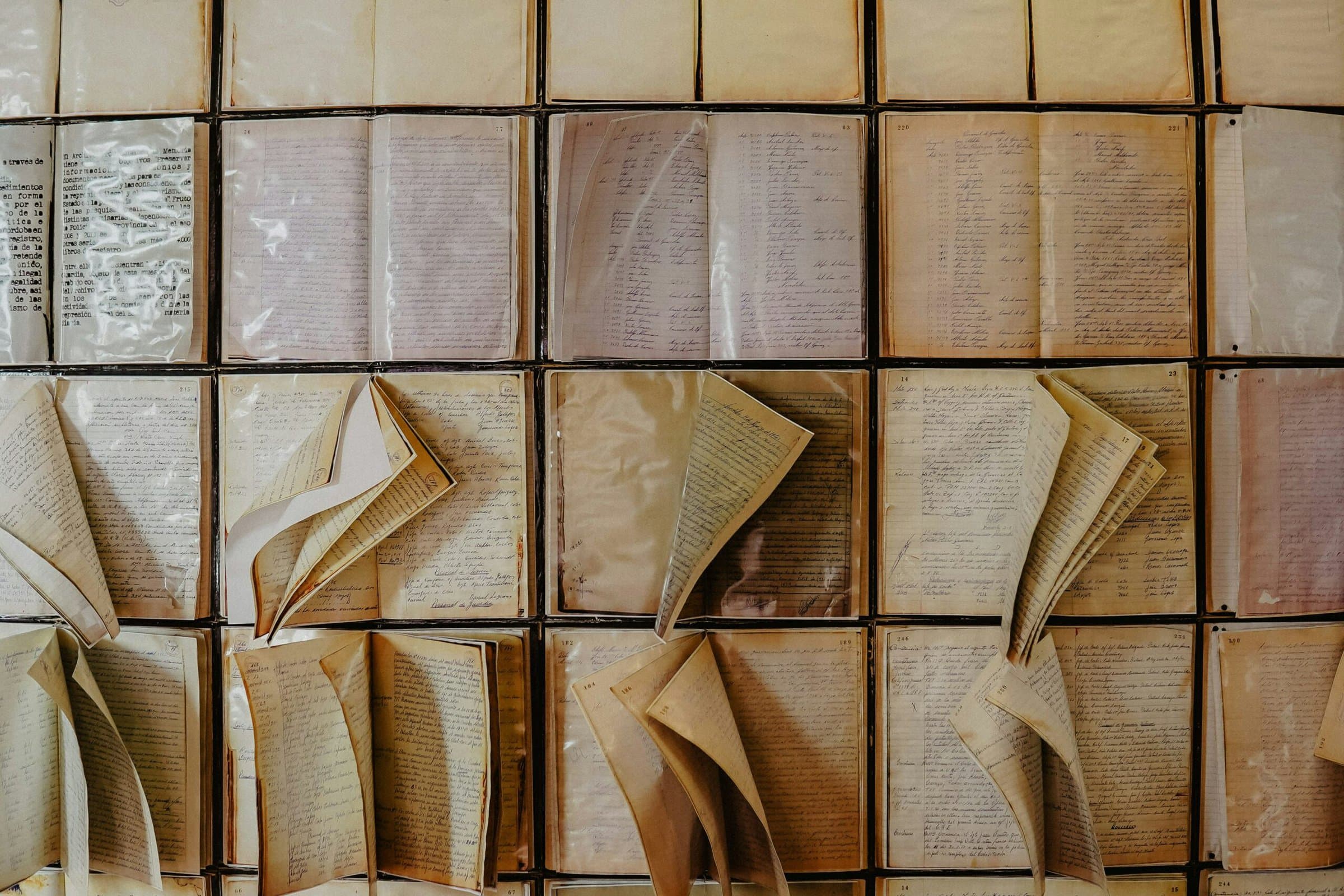Contents
Preface by John Spencer Bassett
(professor of history at Smith College and secretary of the Association)
The Historian’s Work by Jean Jules Jusserand
(former ambassador from France and late President of the Association)
The Influence of Graduate Instruction on Historical Writing by Wilbur C. Abbott
(professor of history at Harvard University)
The Craftsmanship of the Historian by Charles W. Colby
(former professor of history at McGill University)
The Present State of History-Writing by John Spencer Bassett
(professor of history at Smith College and secretary of the American Historical Association)
Preface
By John Spencer Bassett
The committee of the American Historical Association on the Writing of History was appointed in 1920, and consisted of His Excellency Jean Jules Jusserand, ambassador from France, chairman, with Doctor Charles William Colby and Professor Wilbur Cortez Abbott the other members. In 1922 Professor John Spenser Bassett, secretary of the association, was added to the committee.
Back of the creation of the committee was a realization by the Executive Council of the association that the writing of history in the United States was not in a satisfactory state. The Council desired the committee to make a study of the matter as it exists at present and to present a report in which appears such a frank and helpful analysis as they think the situation demands. The Council took notice of the general protest of a large portion of the public against the heaviness of style characteristic of much of the history now being written. They thought it necessary to do something to awaken young students and historians to a realization of the part good expression must play in enabling history to maintain a place in the world of letters. To them it did not seem advisable to accept the existing situation as the best to be expected, nor to relinquish without a struggle the hope that historical information may be presented in such a manner as to make the reading of it pleasant if not delightful.
In laying out the work assigned to them the members of the committee concluded to treat the subject in three large phases. First in development and in nature seemed to lie an examination of the existing situation, with some discussion of how it came about. Let the examination be made frankly, without undue attack and undue criticism. Let us see in what respect history has gained and in what respect it has lost in the esteem of the public during the last half century. If we can agree upon this general phase of the problem, we shall lay the foundation of an intelligent consideration of the other phases.
About one fact in this connection we can hardly have two opinions: Fifty years ago historians like Bancroft and Prescott stood side by side with the great poets at the top of the world of letters. From the men of their day they received esteem, public honors, and wealth. They lived like proconsuls over provinces of literary expression. To-day the historian’s influence has waned. He is no longer to be compared with the lordly proconsul, but rather to the hard-working centurion, whose labors held together the military units on which rested the Roman authority in the province. He is, perhaps, a more genuine writer of truth and more industrious; but he is not at the top of the world as formerly. In this report an effort is made to burrow through this fact, so that the young historian may comprehend it and establish his own reflections upon it.
Another general phase of the problem before us was the consideration of style of expression in historical writing. The craftsmanship of the historian is a subject of great importance and not often enough considered. Perhaps it is necessary for some minds to have settled the question of the possibility of having good style in good histories. Can writers devoted to research and filled with the scientific spirit be true to their purposes, and at the same time write history that has the charm of literature? And if that can be done, what suggestions can be made of a practical nature for helping the young historian to write in such a manner? The members of the committee think that here is a profitable field of discussion, in which wisdom may be gained if certitude may not be reached.
Still another phase of the problem which seems to demand consideration is the training of historians in expression. It involves an examination of the role that is being played, or may be played, by the history departments in our universities, where historical students are prepared for their careers. While it is true that we have had some good historians who are self-trained, it is probable that the large majority of our historians of the future will come out of our graduate schools of history. It is here that are formed standards of taste and method. Here must begin any improvement that is to be made in history writing in this country. The thoughts presented on this phase of the general subject are given as a means of calling the attention of teachers and students to the responsibility that lies on the graduate school. It is believed that neither, and least of all the students, will be willing, once they consider the matter, to ignore the necessity of working in the most conscientious manner for clear and orderly historical expression. Without such expression they fail in their efforts to make themselves into good historians.
These three parts of the report, it was felt, needed something to bind them together, and the chairman of the committee was urged to write such a summation. He willingly agreed, and the result is the first part of the report, serving as a bond, uniting the other parts and serving as a call to duty. In his long and honored career in this country as ambassador of the French Republic, M. Jusserand has been vitally interested in the progress of history here, as in the progress of every other branch of intellectual life, and he has taken notable parts in promoting it. He has written about our history, he has encouraged others to write about it, and he has served as president of the American Historical Association. His part of this report is his parting gift to his American colleagues in the field of historical endeavor. By the common consent of the other members of the committee, the paper of M. Jusserand has been arranged first in the order of publication, not only because of its excellence but because of their high respect for his position in the historian’s profession.
Each member of the committee, after writing his own part of the report, has submitted it to the other members; and he has accepted or rejected, as he saw fit, the criticisms he has received, with the understanding that he assumes responsibility for his own part alone. The committee, therefore, presents to the reader a series of chapters containing opinions based on the views of the individual writer, united only in a common desire to promote a serious effort to improve historical writing and to see that history maintains its place as a form of literature.
The reader will observe a small amount of repetition in the four parts of the report. The subject is so essentially united that it seemed impossible to avoid such repetitions without interfering with the freedom of treatment which was accepted in the beginning. It is believed that the reader will be pleased that each writer has given full range to his ideas and that the presentation of some ideas by more than one person will add pleasure to the reading because it gives variety of expressing similar ideas and sometimes divergent interpretations of the same thing.
Although it is assumed that the reader will not doubt this assurance with respect of the repetitions in this book, it was decided to give him the benefit of all the facts and to arrange the last three parts of the report in the book in the order in which they were finished and handed to the secretary of the committee. They were all written independently and without any restrictions on the individuals writing them.
It should be clearly understood that this report is not to be taken as expressing the official opinion of the American Historical Association, or of a majority of its members. No one statement could embody precisely the composite view of so large an organization on any but a most general matter. The significance of the effort is this: The Council representing the association felt that something should be done to improve history writing, and that the thing most likely to do good in that field was to have four of its members study the subject and submit the results for the consideration of all who are interested. Other persons than this committee might have come to different conclusions. In any case their report would be, like this, an expression of the ideas of those who made it. It is not intended to be dogmatic. If it stimulates the student to examine the subject for himself and to resolve that he will endeavor in the most conscientious manner to write the best history that in him lies, it will do all that can be desired; for it is vain to ask that all men write alike, and the best writer of history is he who lets swing the arm God gave him, always remembering his duty to be truthful and to reverence the things that are honorable.
Next section: The Historian’s Work


